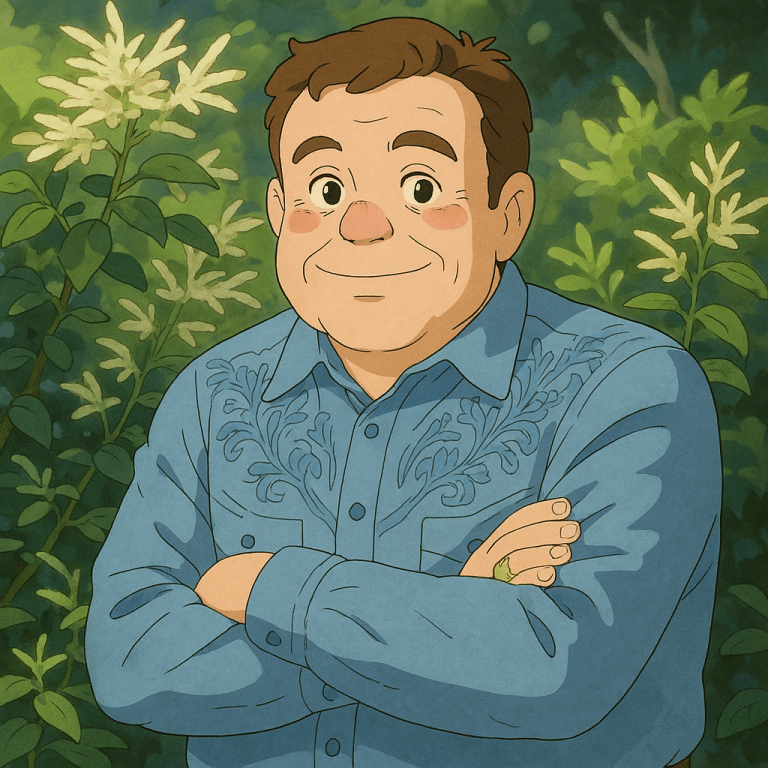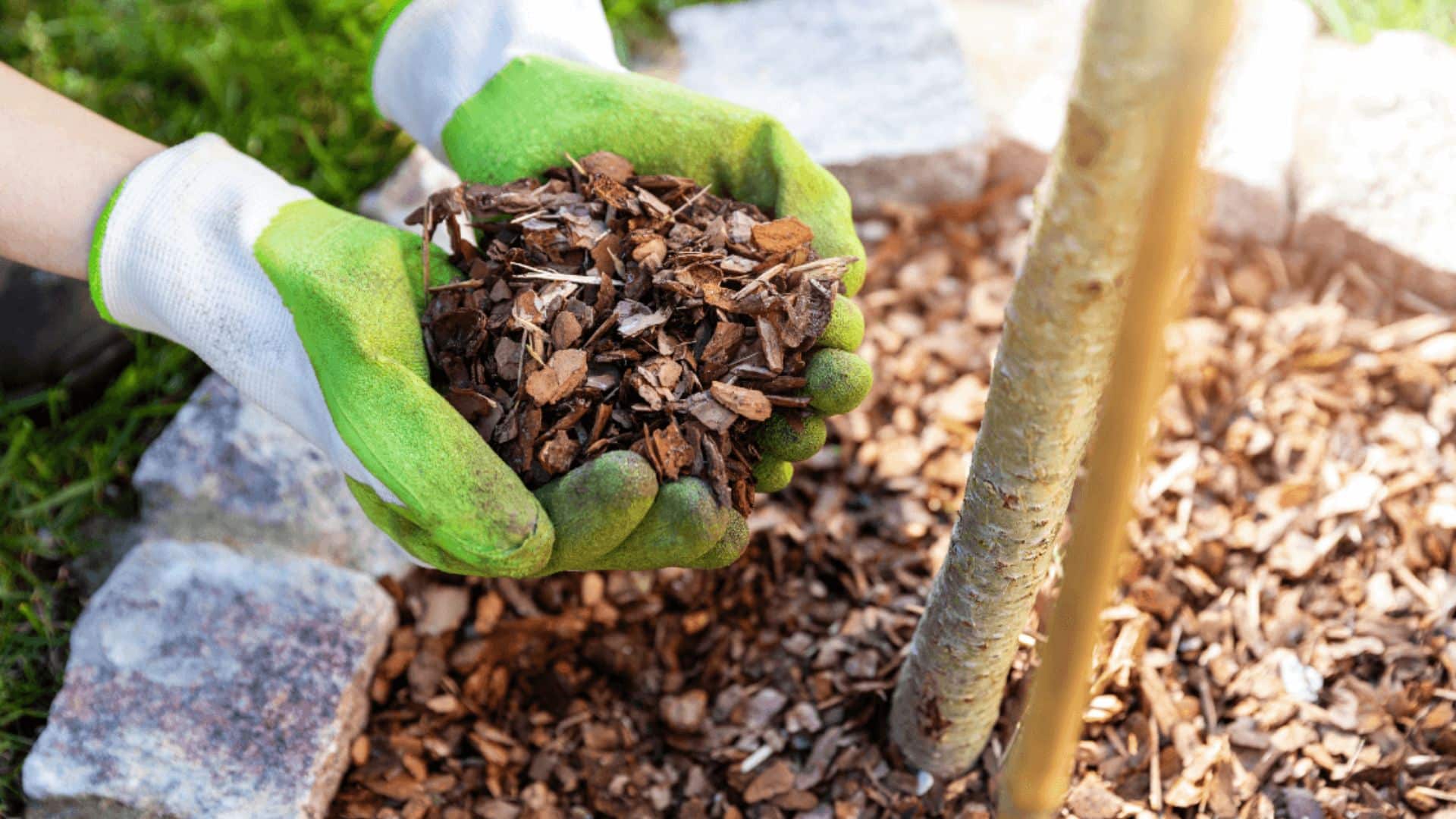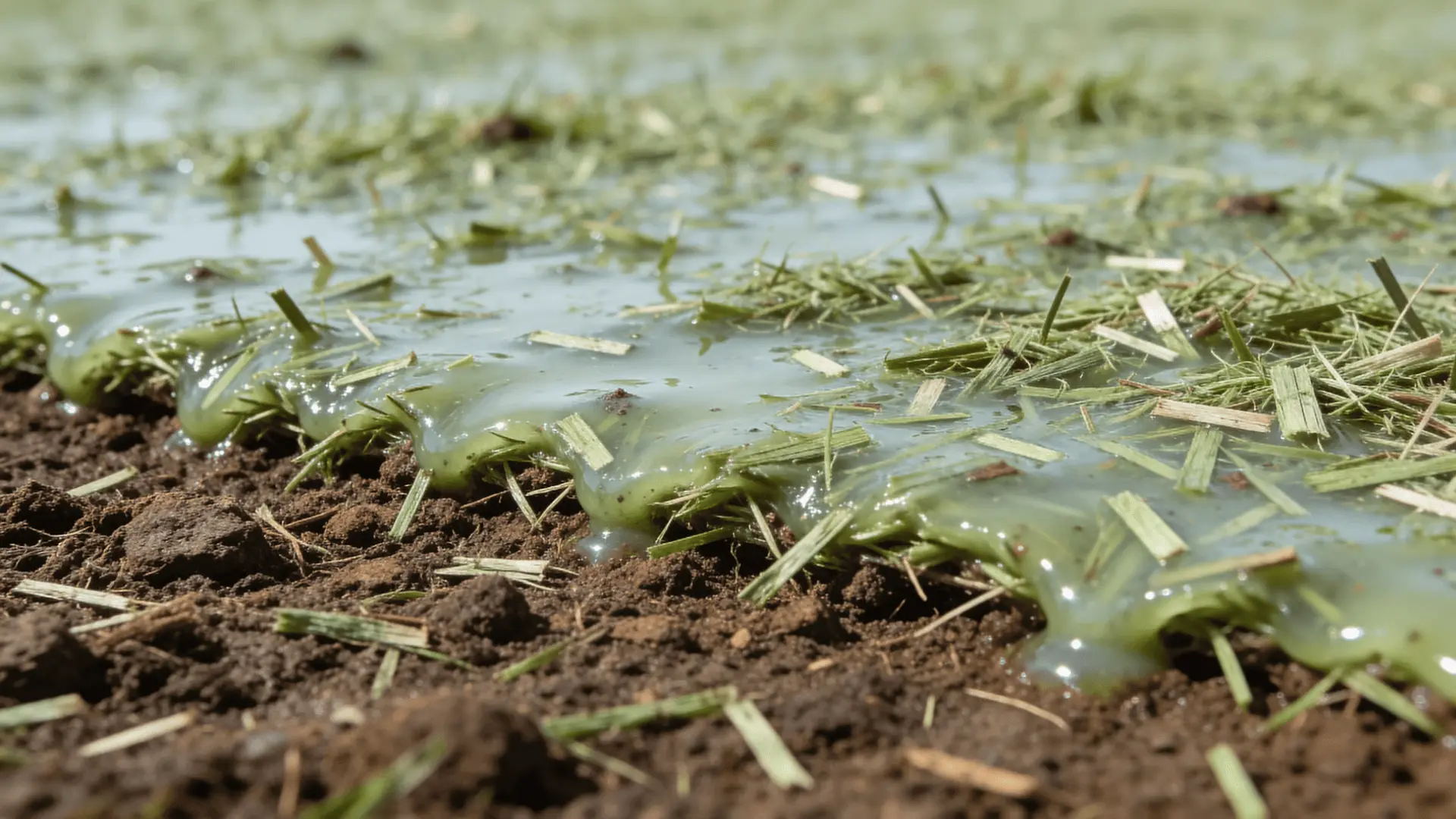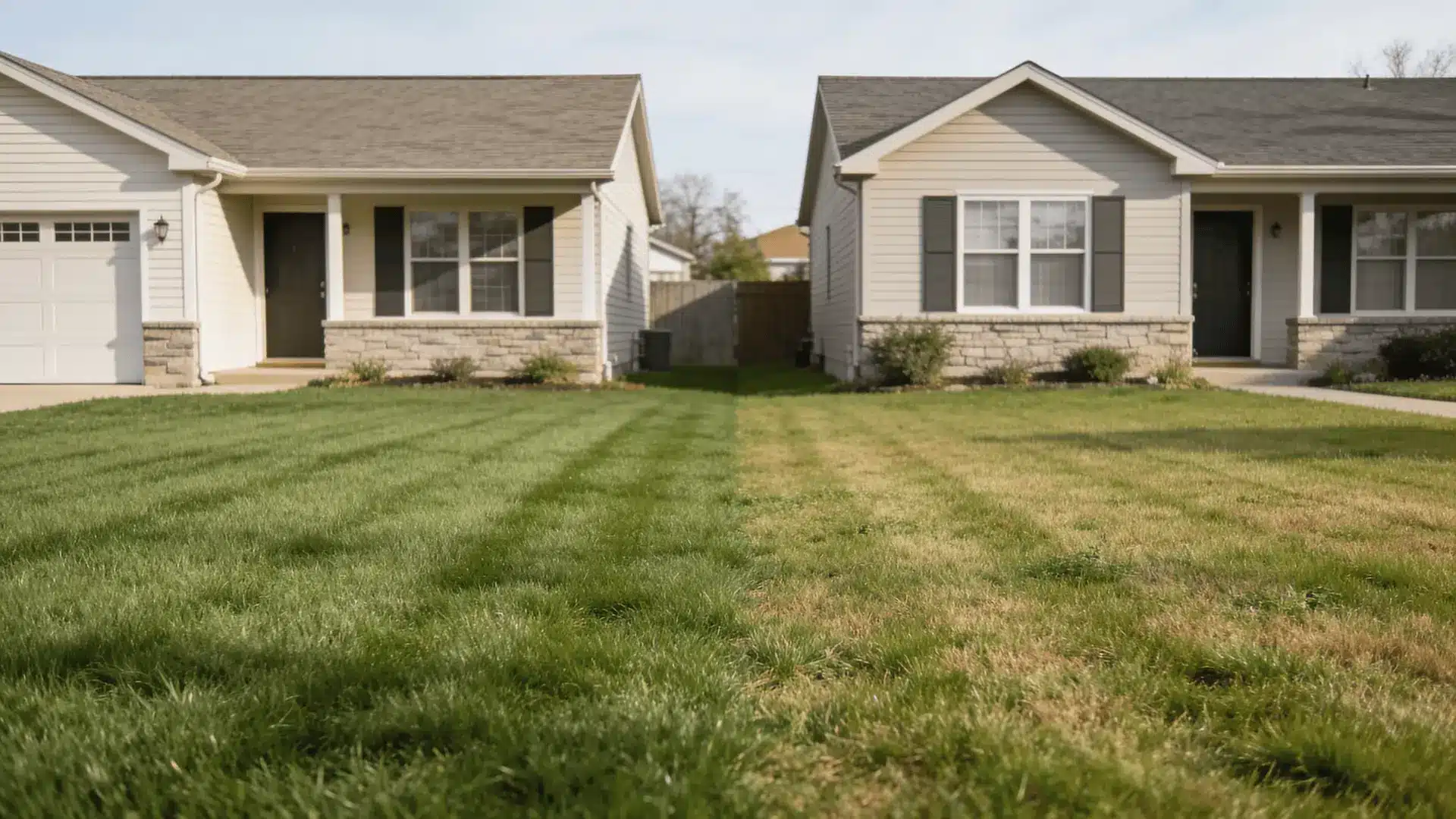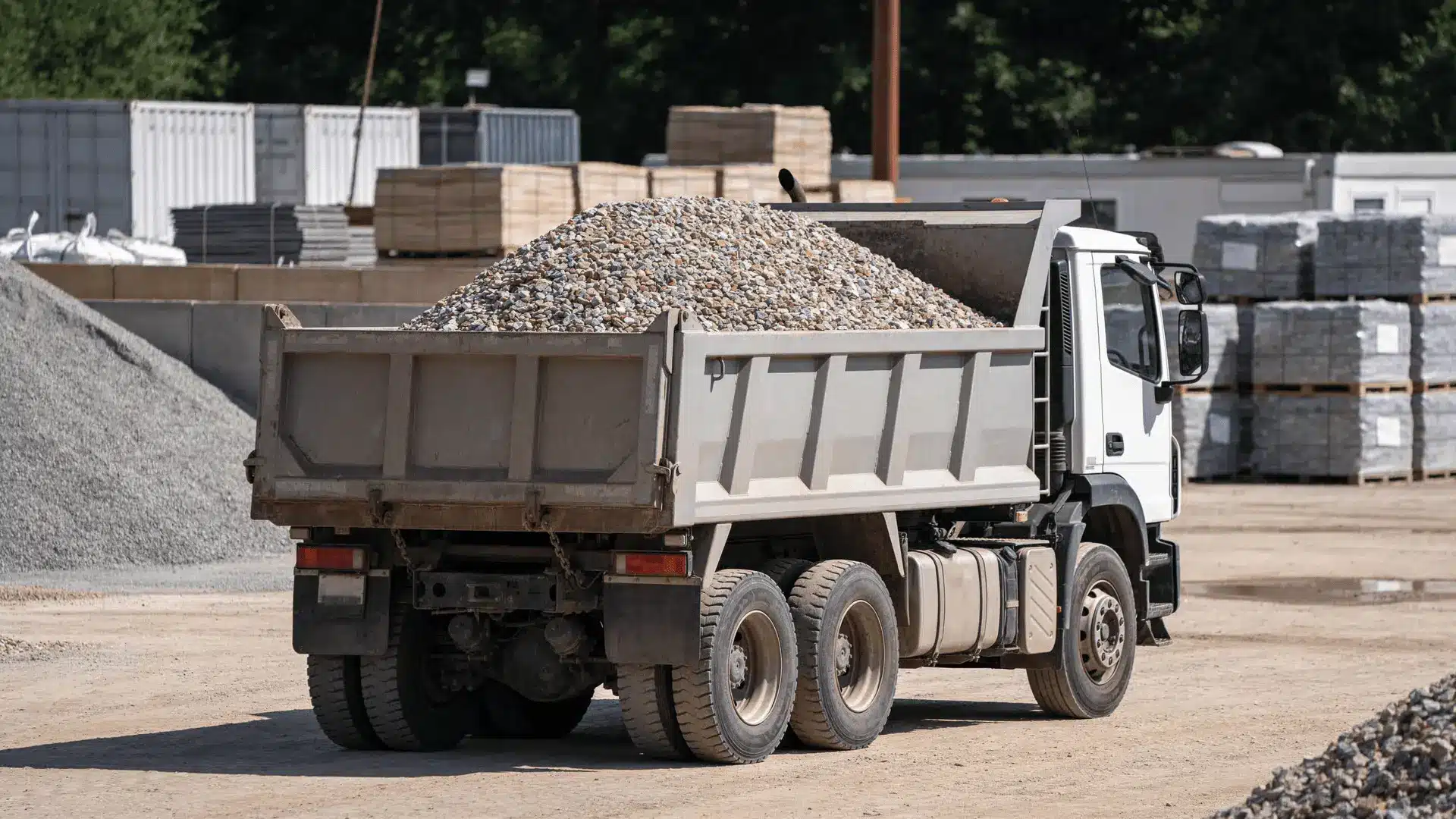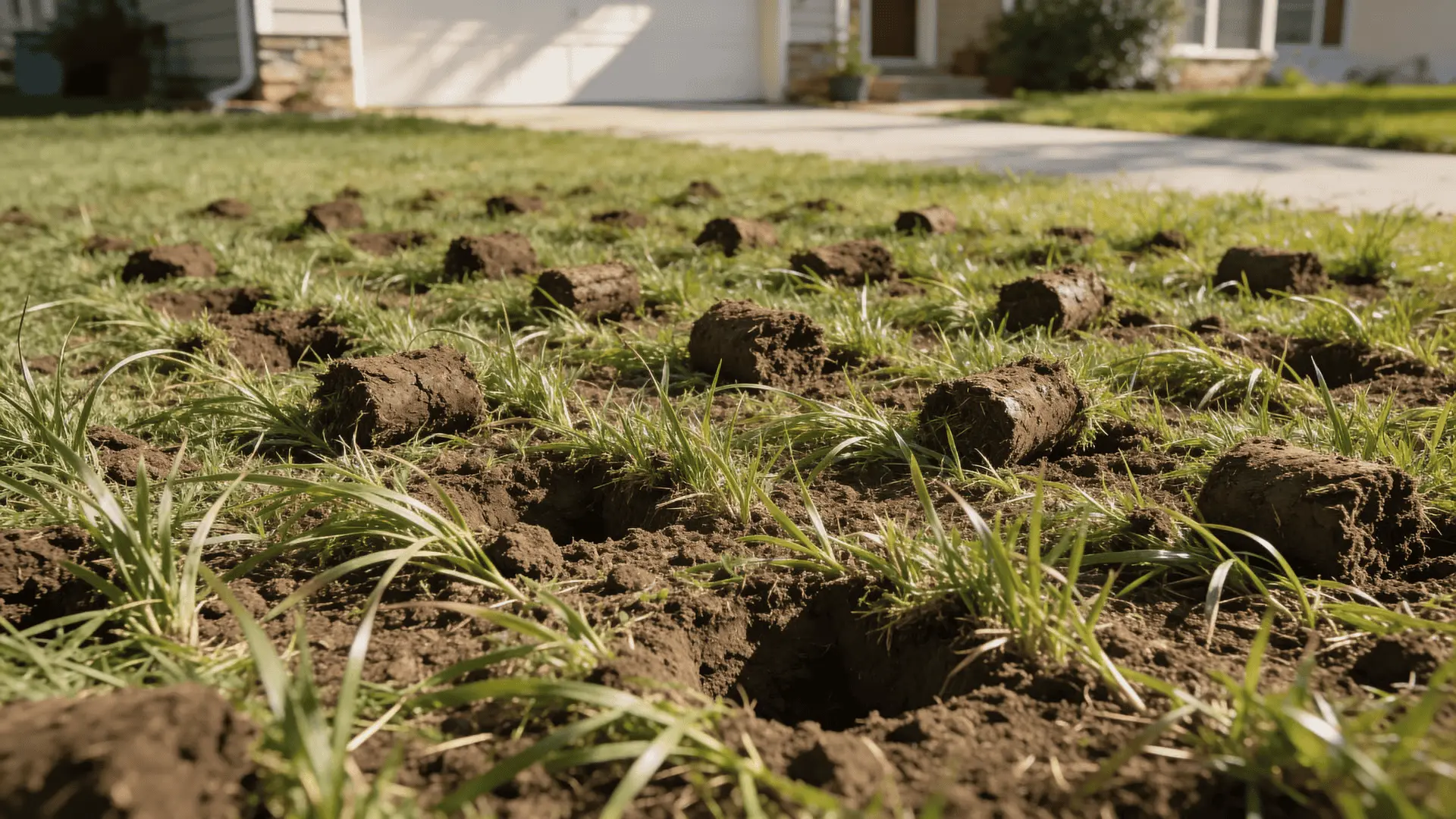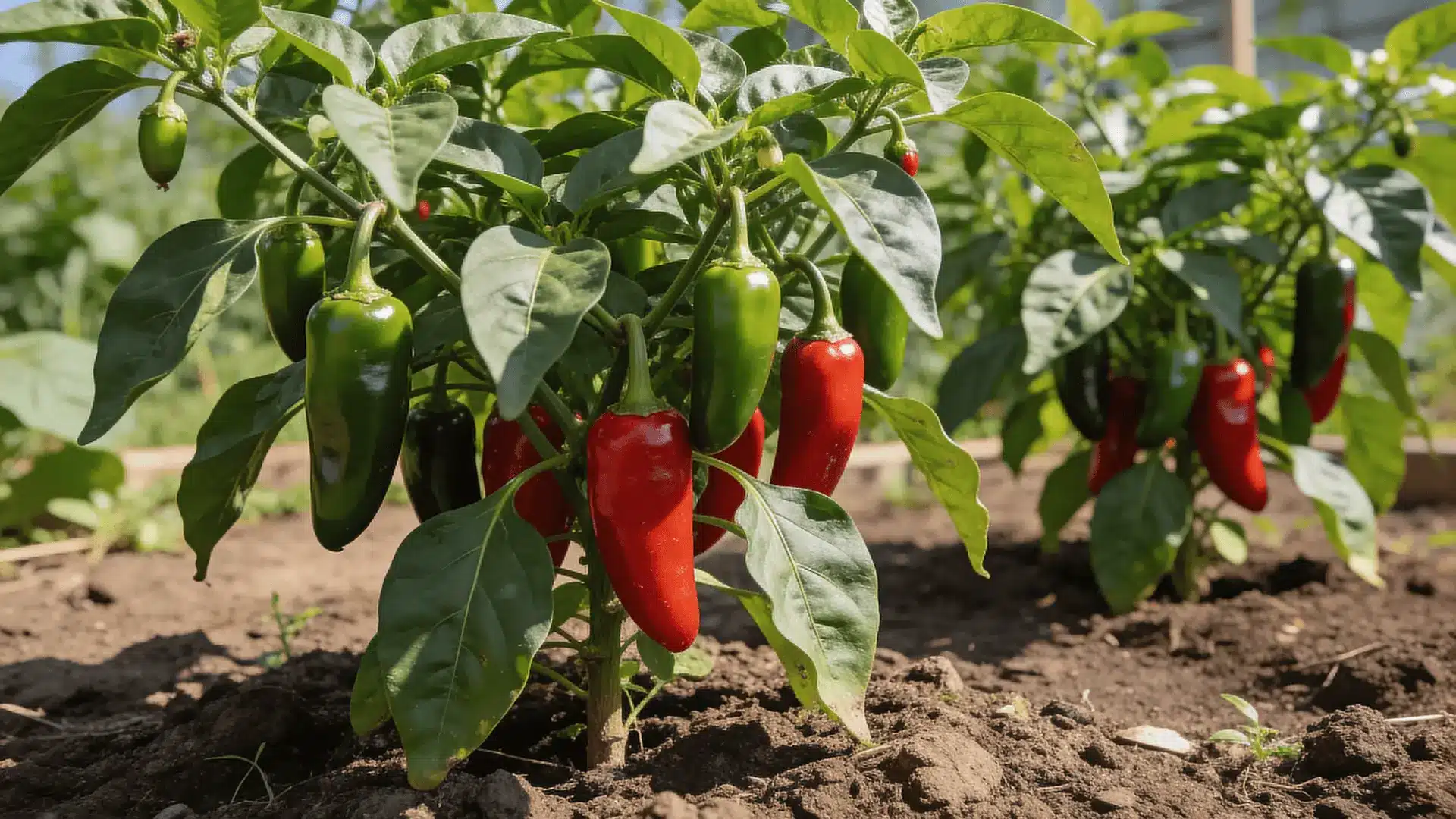Living in Florida brings a unique set of challenges for gardeners. The heat is strong, the rain can come without warning, and the sandy soil doesn’t hold water or nutrients very well. But there’s one simple solution that can help with all of these problems—the right mulch.
Over the last 15 years, I’ve tested more mulch types than I can count in my Florida garden. And I’ve found several that actually work well in my tough climate.
In this article, I’ll share the best mulches that can handle Florida’s weather and soil. Each one has its own strengths, and I’ll help you choose the best fit for your garden.
As a certified Florida Master Gardener, I’ve seen firsthand how the right mulch can stop weeds, keep moisture in, and make your soil better over time.
If you’re ready to make your yard healthier and easier to care for, this guide will help you pick the mulch that’s perfect for your needs.
Benefits of Mulching
Mulch isn’t just for making gardens look neat—it’s a key part of keeping plants healthy and reducing garden work. It helps the soil hold onto moisture longer, which means you don’t have to water as often and can save both time and water.
It also protects plant roots by keeping the soil temperature more stable, staying cooler during hot days and warmer during chilly nights.
A thick mulch layer blocks sunlight from reaching weed seeds, which keeps weeds from growing and reduces the need for constant pulling.
As natural mulch breaks down, it slowly adds nutrients back into the soil, improving its quality over time without much effort.
Mulch also helps stop rain from washing away your topsoil and creates a soft buffer that protects plant roots from damage.
Using the right mulch makes it easier to care for your garden while giving your plants a better chance to grow strong.
Best Mulches in Florida
Not all mulches work well in our hot, humid climate. Some break down too quickly, while others might introduce pests or diseases. These options have proven themselves in Florida landscapes:
1. Pine Bark Mulch
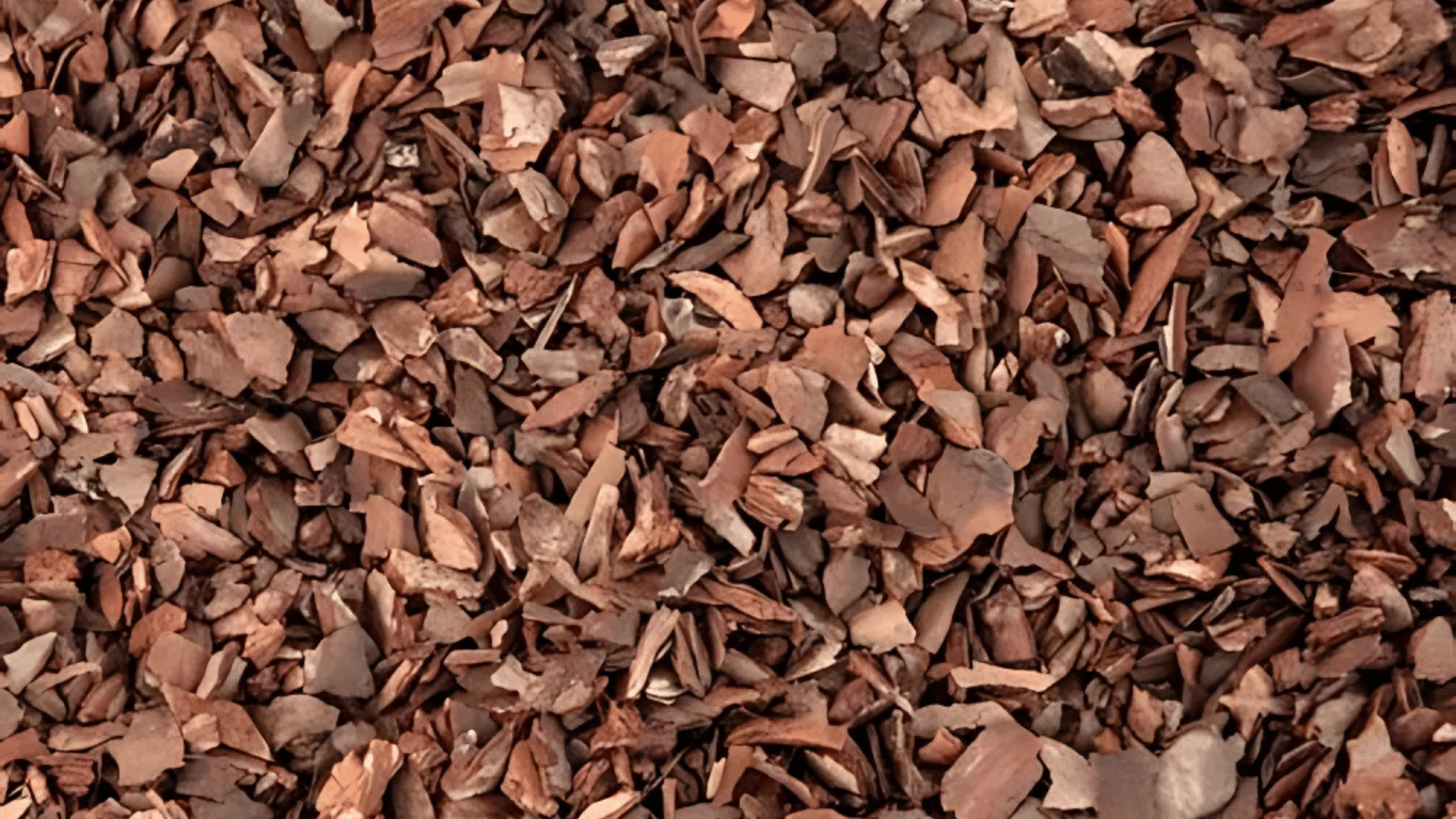
Pine bark mulch is a top choice for gardeners because it lasts a long time and handles heavy rain well. It comes from pine trees and breaks down slowly, making it great for Florida’s wet weather.
The dark brown color makes plants stand out, and it doesn’t float away easily during downpours. You can choose between small chips or larger nuggets—larger ones last longer, while smaller ones blend into the garden more easily.
Pine bark is slightly acidic, which benefits plants like azaleas, gardenias, and blueberries. It’s a great option for both looks and function in the landscape.
2. Cypress Mulch
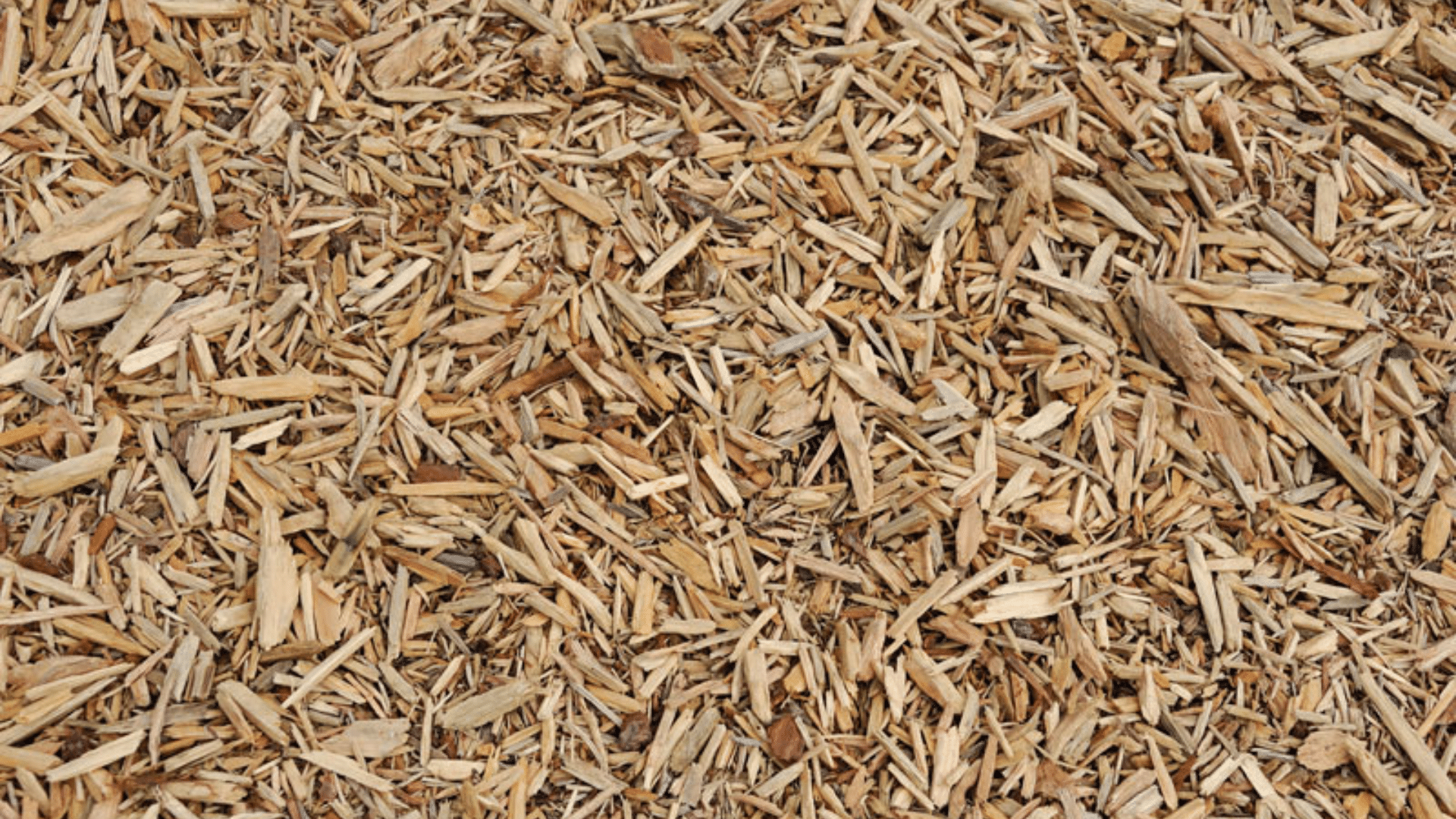
Cypress mulch has natural oils that resist bugs and slow down decay, which helps it last longer in the yard. It has a warm reddish-tan color that many gardeners like for adding contrast to garden beds.
It forms a mat that doesn’t wash away easily, which makes it good for sloped areas or poor-draining spots. However, some cypress mulch may come from delicate wetland areas, so always look for brands that use leftover lumber waste.
It’s long-lasting, low-maintenance, and works well in many Florida garden situations if chosen responsibly.
3. Eucalyptus Mulch
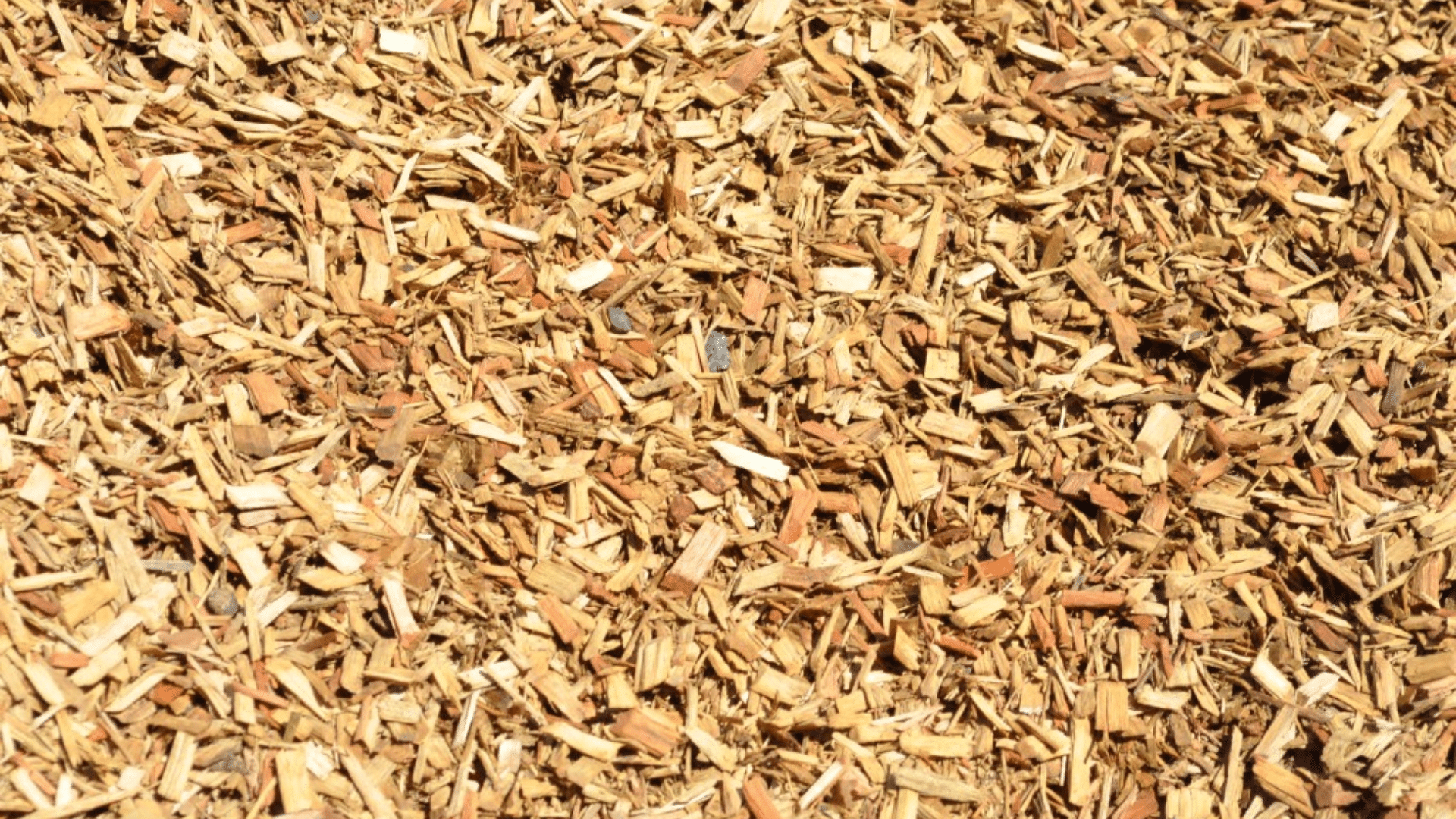
Eucalyptus mulch comes from fast-growing trees and is a more eco-friendly choice for gardeners who want something sustainable. It smells pleasant and has a bright tan color that lightens up shady or dark areas of the yard.
It naturally repels some insects like fleas and ticks and breaks down slowly while feeding the soil. Eucalyptus trees grow quickly and can be harvested again in just a few years, making this mulch a renewable option.
It’s great for flower beds, around shrubs, or in places where you want cleaner soil and fewer bugs without using chemicals.
4. Melaleuca Mulch
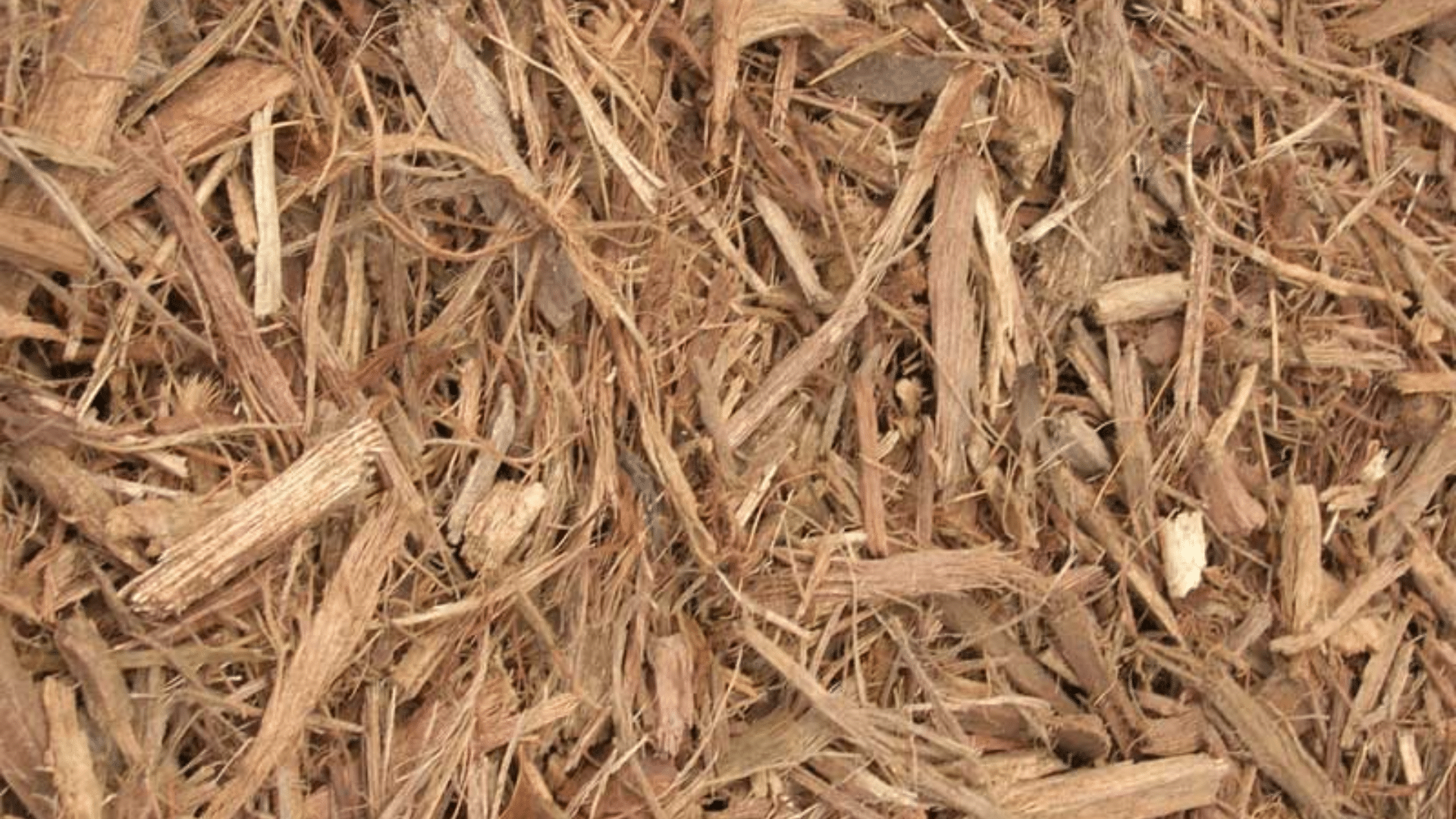
Melaleuca mulch is made from an invasive tree, so using it helps protect Florida’s environment while giving your garden a clean look. The fine texture and light color work well for a neat, uniform appearance in flower beds or borders.
This mulch lasts a long time and has natural oils that keep pests like termites and ants away. It stays in place even in strong rain, which makes it a good choice for areas near walkways or homes.
Although it costs a bit more, it doesn’t need replacing often and is ideal for long-term use.
5. Pine Straw
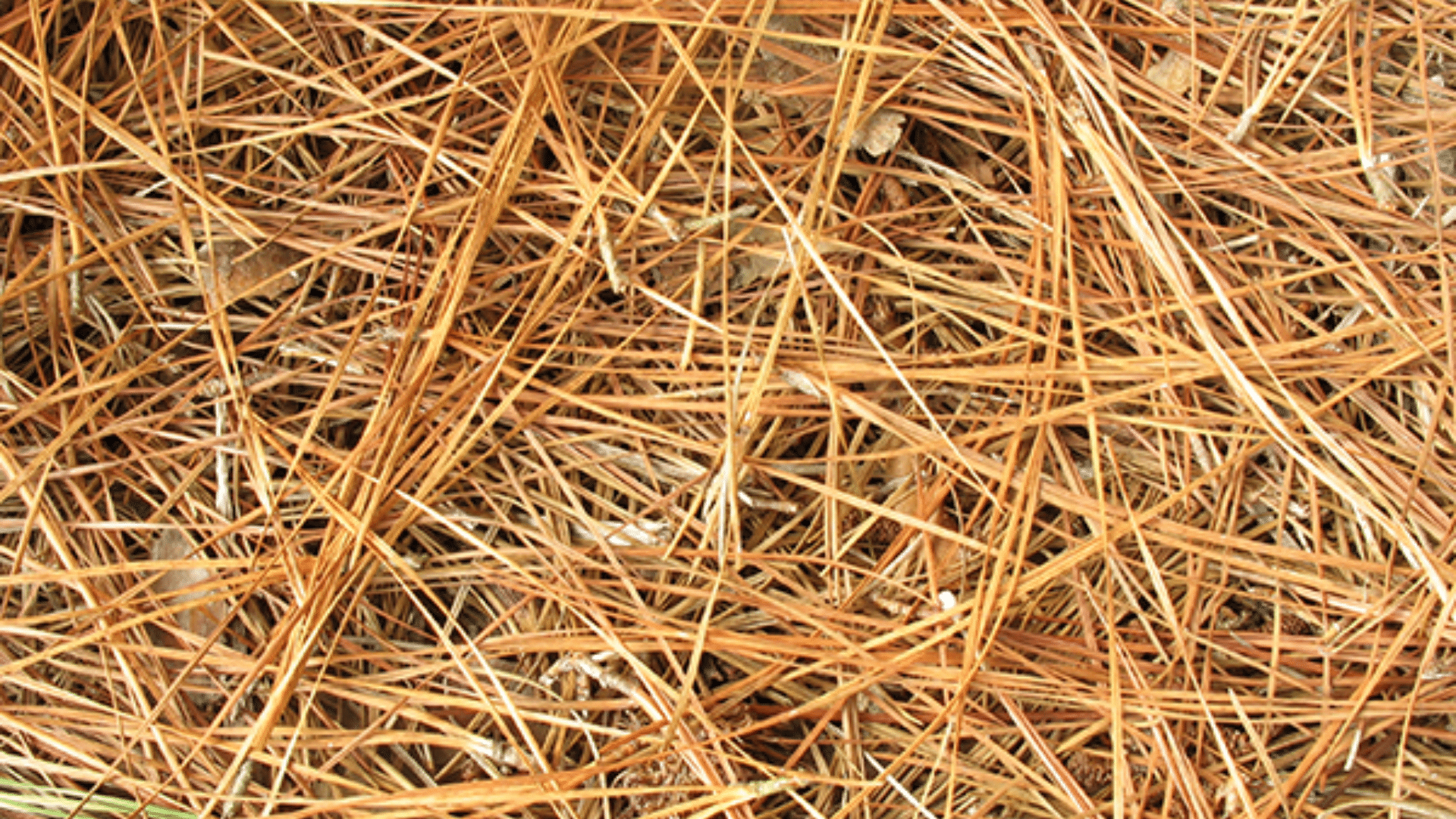
Pine straw mulch is made from fallen pine needles and is one of the most natural-looking options for yards with native plants. Its reddish-brown color blends beautifully and gives beds a soft, forest-like feel.
It’s lightweight and easy to spread, which makes it great for large areas or tricky spaces like slopes. After it gets wet, pine straw forms a mat that holds together well but still lets water through.
It works especially well around acid-loving plants and breaks down quickly, so you’ll need to refresh it a couple of times a year.
6. Rubber Mulch
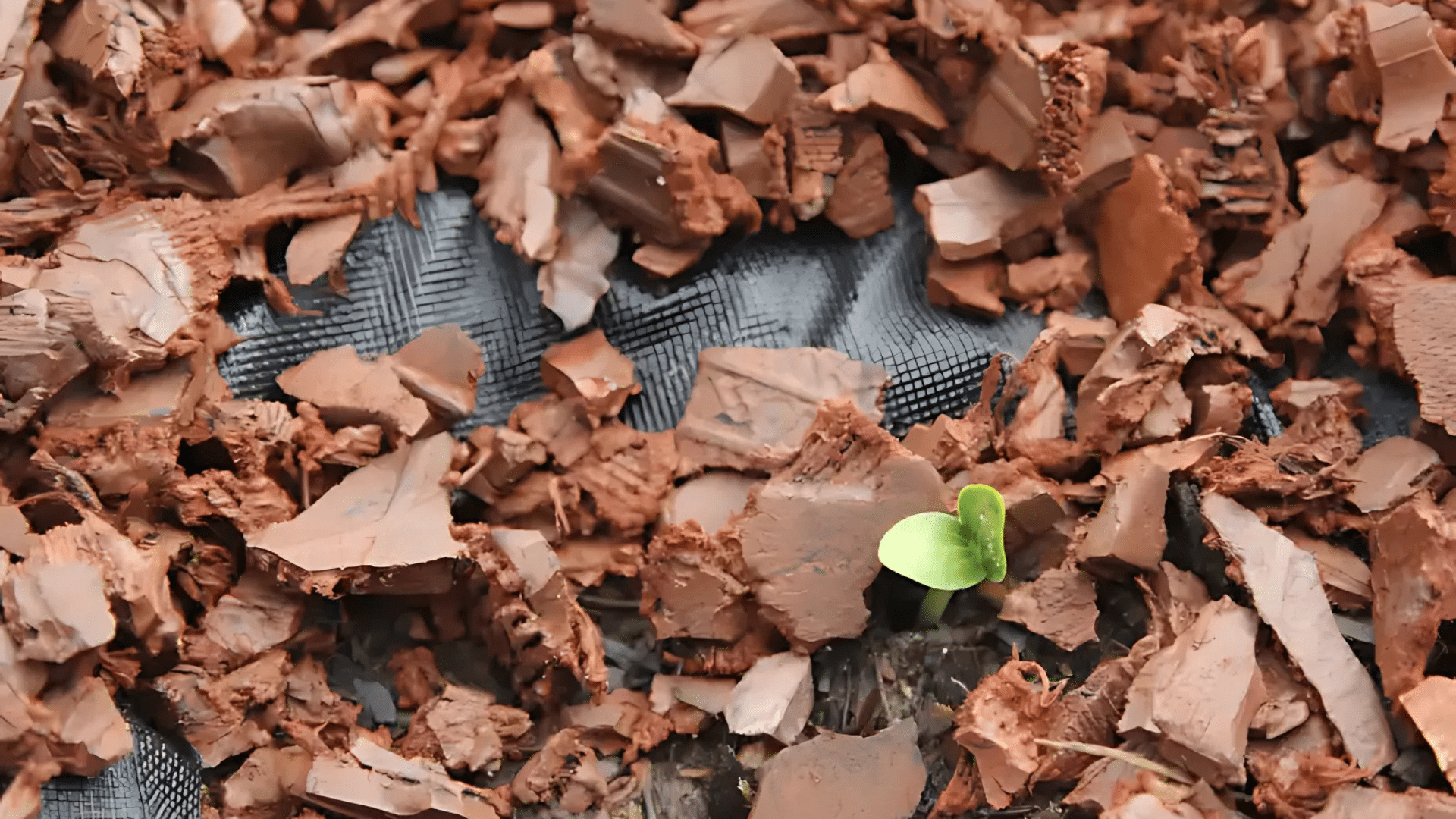
Rubber mulch is made from recycled tires and is a long-lasting option that doesn’t break down or blow away in storms. It’s heavy and stays in place, which makes it a good fit for high-traffic spots or windy areas.
It doesn’t rot, absorb water, or attract bugs, so it’s perfect for playgrounds or decorative spots with little plant growth. Rubber mulch keeps its color and doesn’t fade in the sun.
But since it doesn’t improve the soil, it’s not ideal for flower or vegetable beds where plant health depends on better soil quality.
7. Organic Mulch Blends
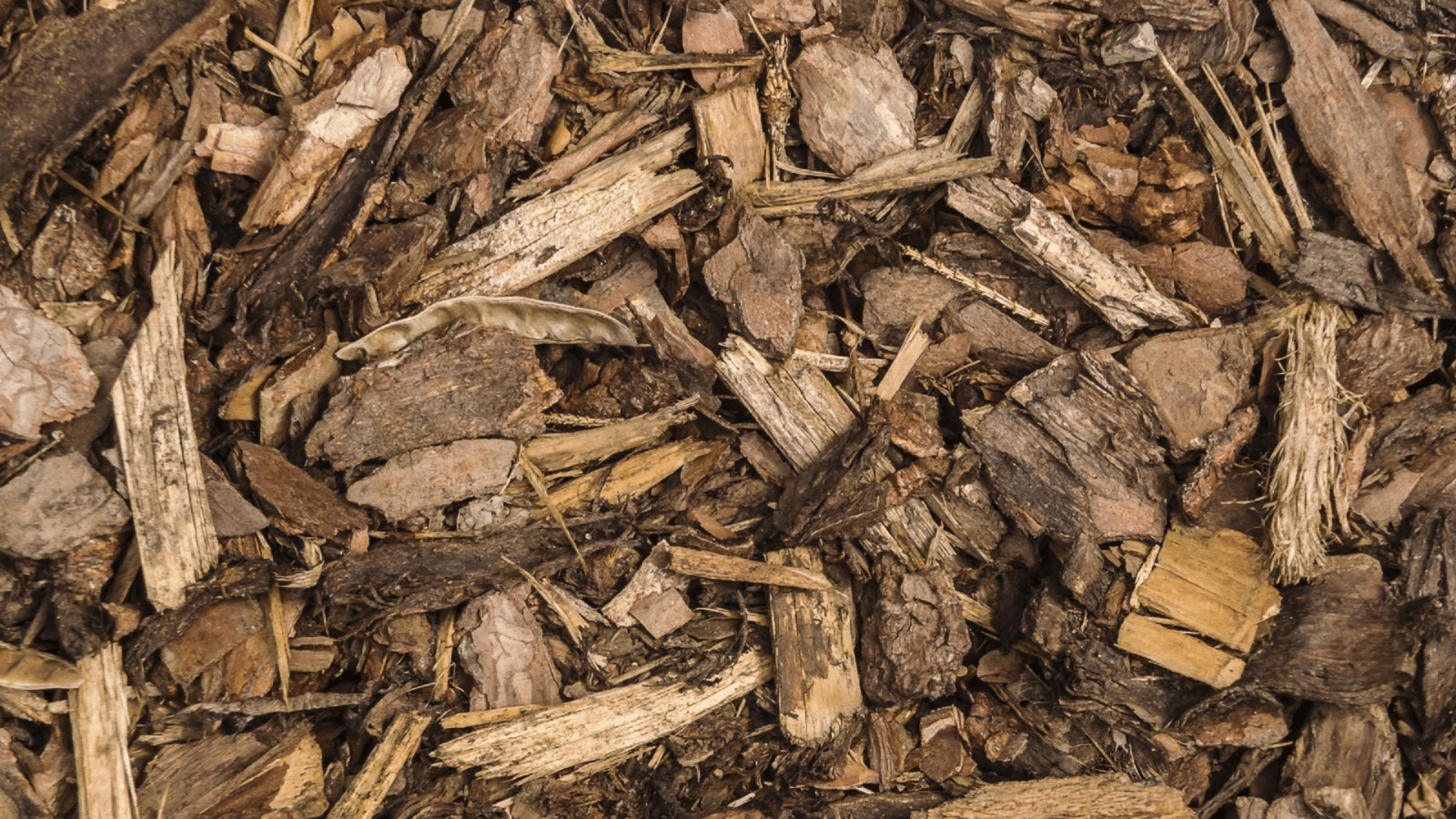
Organic mulch blends combine materials like compost, pine bark, and yard waste to create a mulch that’s balanced and rich in nutrients. These mixes break down at a medium pace and slowly feed your soil as they decay.
They improve sandy Florida soil while keeping weeds down and moisture in. Local blends are often cheaper and more eco-friendly than bagged mulch from stores, especially when bought in bulk.
You can find them at composting sites or garden centers. They’re perfect for vegetable gardens, flower beds, and anywhere soil improvement is a top goal.
Conclusion
Choosing the right mulch can really change how your garden grows, especially in Florida’s tough climate.
The best mulch for your yard depends on what you’re planting, where in Florida you live, and what kind of results you want to see.
Pine bark and melaleuca are great choices if you want mulch that stays in place and breaks down slowly. Pine straw gives your garden a soft, natural look and works best around plants that like more acidic soil.
If you’re looking for something that’s better for the environment, eucalyptus is a smart and renewable choice. Rubber mulch lasts a long time and is good for areas like walkways or play spaces, though it’s not helpful for improving soil.
Keep in mind that North and South Florida can have very different growing conditions. So, it’s a good idea to ask your local garden center or UF/IFAS Extension Office for advice.
Have you used any of these mulches before? I’d love to know which ones worked best for you. Share your thoughts in the comments below!
Frequently Asked Questions
How Thick Should I Apply Mulch in Florida?
Apply mulch 2–3 inches deep to block weeds and help soil hold moisture. If it’s too thin, weeds may grow through. If it’s too thick, water may not reach the roots. Always leave a few inches of space around plant stems to prevent rot and pest problems.
When Is the Best Time to Mulch in Florida?
Early spring is the best time to mulch because it prepares garden beds for summer heat and helps plants stay hydrated. Fall is also a good time for mulching. Avoid winter mulching, as it may provide shelter for pests trying to survive the colder months.
Can Mulch Attract Termites to My Home?
Wood mulches can attract termites if they’re placed too close to your house. To reduce the risk, keep mulch 6–12 inches away from your foundation. For added protection, use termite-resistant options like melaleuca or rubber mulch in areas close to buildings and structures.
How Often Should I Replace Mulch in Florida?
Due to Florida’s high heat and frequent rain, organic mulch breaks down faster than in cooler climates. Most mulches need to be refreshed every 6 to 12 months to maintain proper depth, control weeds, and continue improving soil quality through steady decomposition.
Is Colored Mulch Safe for Plants?
Most colored mulches use iron oxide (for red) or carbon (for black), which are safe for gardens. However, avoid mulches with strong chemical smells or unnatural colors. Always buy from a trusted supplier to make sure the mulch won’t harm your plants or the surrounding soil.

